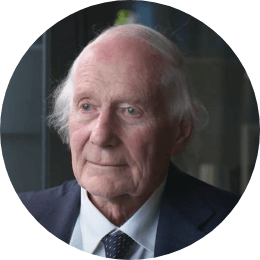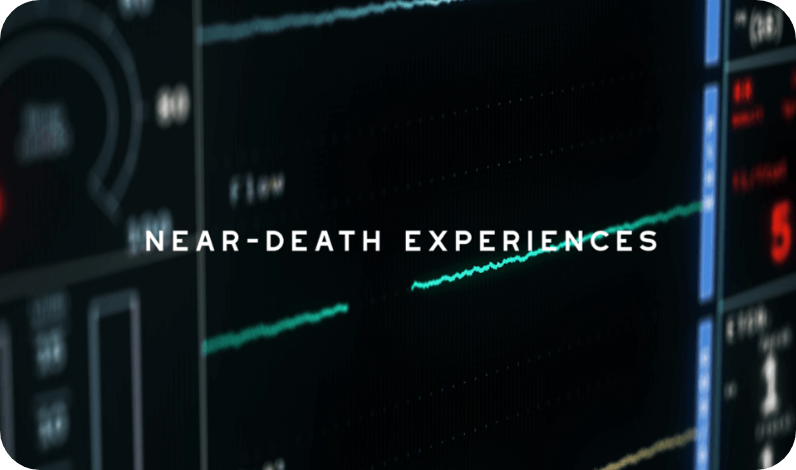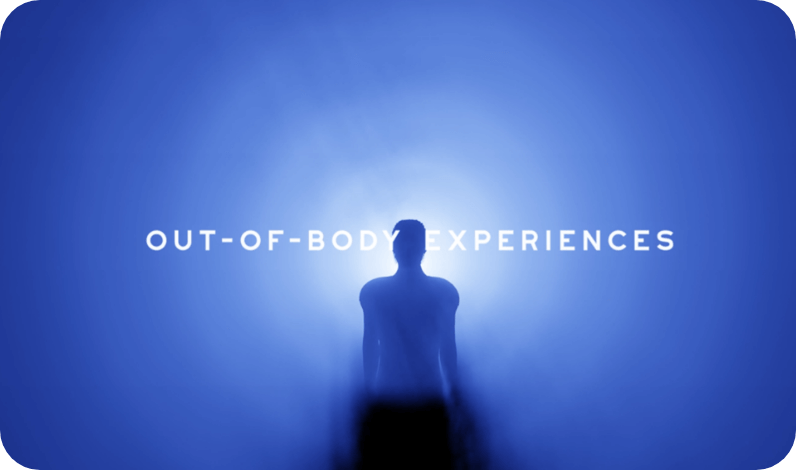
Related Videos

Peter Fenwick - MD
Neurophysiologist and Psychiatrist | Institute of Psychiatry, King's College

Ep. 8 | NEAR-DEATH EXPERIENCES
People who have nearly died often describe seeing their own body from above, traveling through a tunnel, meeting beings of light and love, and watching a “movie” of their lives. How can such vivid and complex experiences happen when the brain is severely compromised?

Ep. 9 | OUT-OF-BODY EXPERIENCES
Many people report the sensation of floating above their bodies, observing themselves from an external perspective. Neuroscientists have identified the conditions under which these experiences occur, and the brain regions involved. But is everything truly explained?
A reference in supporting scientific research.
Over the years, the Bial Foundation has developed a close relationship with the scientific community, first in Portugal and then worldwide. Today, it is a renowned institution, particularly in Neuroscience and Parapsychology research, aiming to stimulate new research that benefits people by enhancing health and reaching new levels of knowledge.
You are going to visit an external page to this site